In the England of my childhood, greengrocers were heavily reliant on South African farmers. This was still the case when I started reading newspapers and discovered that not all the world was as equitable as my little corner of it. By that time, many of those greengrocers had been displaced by supermarkets, which made it much easier for my friends and I to do our bit for regime change, spending many hours each weekends attaching ‘There is no goodness in the fruit of apartheid’ stickers to the apples in Sainsbury’s. While such grass roots activism may not achieve much at a local level (my own mother never quite got the memo), when it attains a certain critical mass in western democracies it prompts their governments to impose trade sanctions, for a long time now the default response of one country to the bad behaviour of another, especially if that country is not a major market for your exports or has a nuclear arsenal. But the jury’s still out on the effectiveness of trade sanctions, not least because, as any North Korean peasant will attest, the people they impact most directly are often the people whose suffering they were intended to relieve. And if you don’t happen to be an important export market for the offending country its leaders won’t give a toss what you think of them anyway and your trade sanction will amount to nothing more than virtue-signalling. Pakistan, whose principal exports are cheap clothing and anger, has never made it onto Australia’s top twenty trading partner list, so if Scott Morrison decided to use trade sanctions to express our disapproval of, say, the treatment of non-Muslim women in Pakistan it would make no perceptible dent in the Pakistani economy, and would only manifest itself in Australia in a slight narrowing of choice in the underwear aisles of your local K-Mart. But there is one initiative Australia could take which, while not depriving ordinary Pakistanis of any material necessity, would nevertheless be deeply unpopular with the vast majority of them – the men, anyway – and perhaps to the point where the government would feel compelled to do something about it. That is, to enact policies which would convince the rest of the world that what happened to Asia Bibi will not happen to anyone else – at least, not on their watch. The initiative I refer to is not without precedent, and the last time it was deployed, Australia was a key participant. It’s probably fair to say that no Western leader galvanised and articulated his nation’s opposition to apartheid more effectively than Bob Hawke. But the fact is, nothing he or any other foreign politician said or did through the 1960s and ‘70s got and held the attention of the average yarpie as effectively as the refusal of every major international rugby and cricket team to compete in or against South Africa.
Pakistanis don’t play much rugby. But I don’t think many of them would be offended if I called cricket the country’s second religion. There is no other way to explain how a nation whose laws are derived from the Koran, and who overwhelmingly accept and abide by those laws, could elect as their president a man who has repeatedly been accused of drinking alcohol, and who for much of his adult life has eschewed facial hair, and whose first wife was Jewish. Imran Khan may well have rediscovered his Islamic roots in middle age, and he has certainly been a generous and energetic philanthropist. But someone with his secular form would have had Buckley’s chance of winning an election if he had not also been one of the great all-rounders and the captain of the first Pakistani side to win a test series against India. A recent Reuters Foundation poll identified Pakistan as the third most dangerous country for women in the world. It says that more than 1,000 women and girls are murdered in so-called honor killings every year there and estimates that 90 per cent of women suffer from domestic violence. If we as a nation want to do something about that, maybe trade sanctions and the threat of aid suspension aren’t enough. Maybe it’s time for Australia to lead another international cricket boycott.
Got something to add? Join the discussion and comment below.
Get 10 issues for just $10
Subscribe to The Spectator Australia today for the next 10 magazine issues, plus full online access, for just $10.
You might disagree with half of it, but you’ll enjoy reading all of it. Try your first month for free, then just $2 a week for the remainder of your first year.


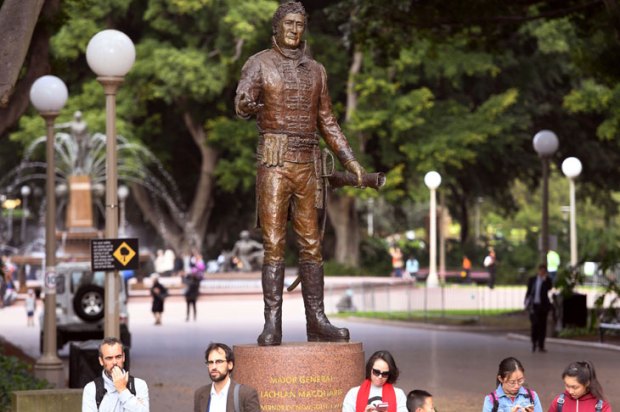
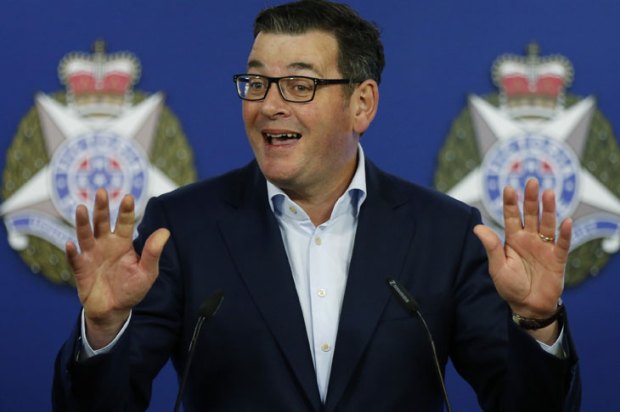
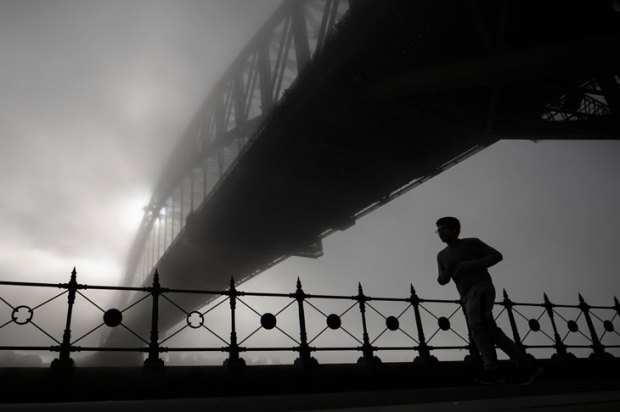
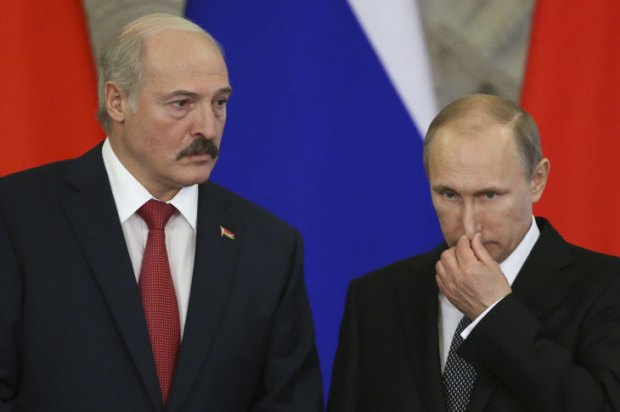

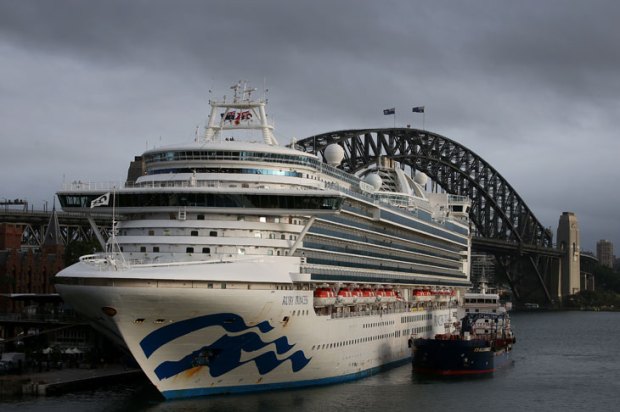






Comments
Don't miss out
Join the conversation with other Spectator Australia readers. Subscribe to leave a comment.
SUBSCRIBEAlready a subscriber? Log in